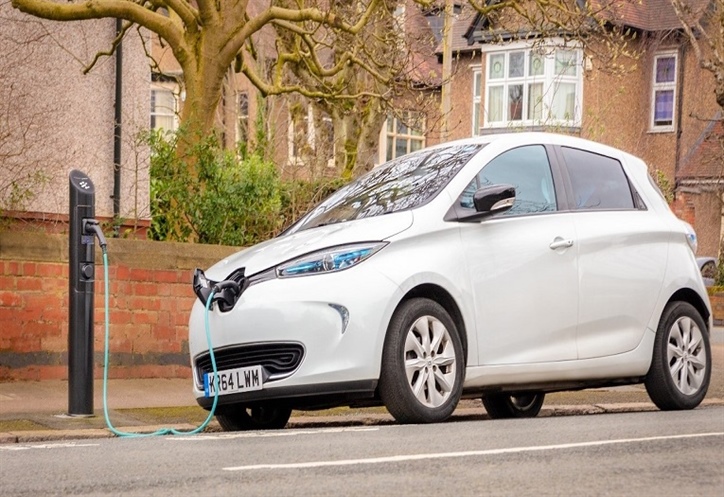Transport and streets
Walsall Council to Adopt Black Country Ultra-Low Emission Vehicle Strategy
Published on
Walsall Council will be rolling out measures to support the adoption of electric vehicles following a decision by Cabinet.

The council will now adopt the Black Country Ultra-Low Emission Vehicle Strategy which will see the development of on-street residential charge points, as well as other charging infrastructure and policy interventions, to make the change to low emission vehicles more practical for residents.
The move is in response to the government’s commitment to transition away from petrol and diesel vehicles by bringing forward the ban on sales from 2040 to 2030 (with plug-in hybrid sales permitted until 2035). Wide-reaching changes are necessary if the UK is to meet the 2015 Paris Agreement, the Climate Change Act. The council has already committed to making itself a net zero carbon authority by 2050.
The Black Country Authorities undertook a joint consultation of residents on the strategy during its development in 2020, and authorities have completed their own consultation on specific locations for the first on-street chargepoints to be delivered this year. The next step is for the council to award a contract for the provision of the charging points.
“ It is important that we act to reduce carbon emissions in Walsall to ensure the health and well-being of our residents. The transport sector is the largest contributor to greenhouse gas emissions in the UK, and fifty-five percent of that comes from cars. The motor manufacturing industry has responded to the challenge and as prices come down, we need to ensure the charging infrastructure is in place to support the transition to low-emission vehicles. “
